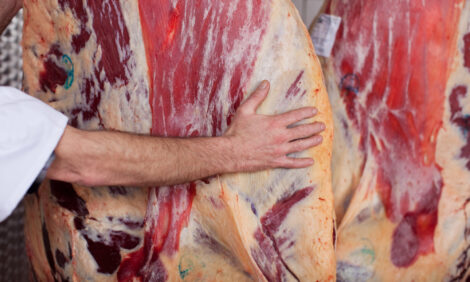



African swine fever returns to Spain after 30 years
Outbreak raises risk of China limiting pork imports
African swine fever has returned to Spain after three decades with the finding that two wild boar found dead near Barcelona tested positive for the virus, Reuters reported, citing the Agriculture Ministry on Friday, putting growing pork exports to China at risk of a ban.
The outbreak, the first since 1994, coincides with Spanish efforts to court Beijing and gain market share in the pork sector.
But any ban could be limited in scope after China and Spain signed a deal this month that would mean China would only restrict imports from an affected region rather than from all of Spain.
Spain is the European Union's leading pork producer, accounting for roughly a quarter of the bloc's output, ahead of Germany, according to the Agriculture Ministry.
"It's not good news. The European market is already struggling after a 20% drop in prices since July," said Jean-Paul Simier, a meat analyst at French commodities research group Cyclope.
"There is a risk of an embargo against the biggest EU pork exporter, notably in Asia, and China in particular."
The ministry said it had notified the European Union and activated emergency measures in the affected area, urging pig farms to tighten security measures while investigators try to find the source of the infection.
The virus, which is harmless to humans but deadly for pigs, has been spreading westwards in Europe in recent years.
Germany's sizeable pork industry has already been rattled, with many overseas countries imposing bans on its pork. And in recent months Croatia has been trying to contain an outbreak.







